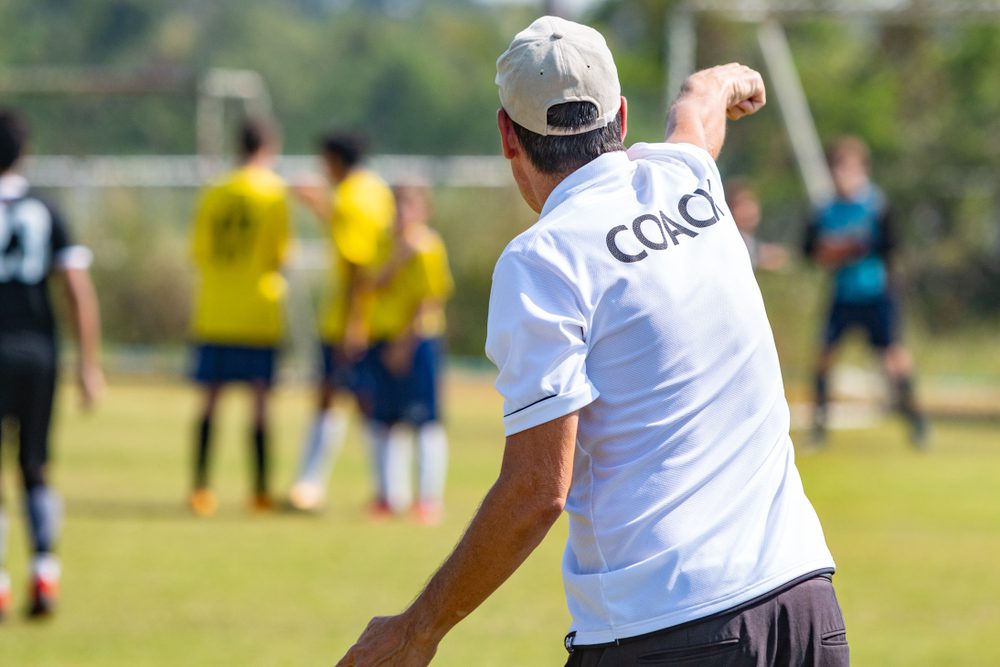Both parenting and coaching are full of difficult decisions. For those who are both parents and coaches to their kids, it can present even more challenges. Community sports come with many benefits, and it’s a noble act to volunteer your time as a coach so you can have a better relationship with your kids. That’s why we wanted to make the transition from parent to coach a little easier with these tips.
DON’T WEAR YOUR COACH HAT IN THE CAR OR AT HOME
It’s easy to let your priorities as a coach take over when you’re at home or in the car ride home after the game. This can cause added pressure that your child will feel though. When kids don’t get a break from the scrutiny you might be putting them under, they lose their passion, making them want to quit.
You’ll need to pay special attention to your language in these moments. Driving home after a loss might make you want to critique your child’s performance, however, what they really need is to hear that you’re proud of them. If you want to offer advice in this moment, frame it in the future. For example: “you played really well tonight, and you learned for next time how much time you need to steal a base, good work”. The language you use as a parent should be more supportive and encouraging. This is more likely to make them want to continue and improve.
KEEP THE PARENT HAT AWAY FROM THE GAME
It’s best to ensure your son or daughter are treated the same as the other players. Like the last tip, this is largely focused around communication, but with an additional emphasis on what your kids say and do. Encourage them to call you “coach”, instead of “Mom” or “Dad”. (Most kids love the opportunity to call their parents something other than Mom or Dad).
Controlling your language and your tone while you’re communicating with your kids is important as well. It can be easy for some parents to not realize they’re being too easy on, or even too hard on their kids. If your daughter fumbles the basketball, for example, you may react with a more angry tone than you do other players. Not only will your daughter pick up on this, but her teammates will as well.
Perhaps the hardest part of treating your kids just like any other player is not giving them any advantages. Many parents are tempted to offer more playing time to their kids, or better positions on the team.
TALK TO YOUR KID IN ADVANCE
The best advice anyone can give you for wearing both the parent and the coach hat is to talk to your son or daughter first. By asking them how they feel about it, they are a part of the decision. So, if the time comes that they’re not happy with how you’re communicating, or that you’re giving them too much or too little attention, you can remind him or her of all the good reasons why they wanted you as a coach. It also helps by keeping the lines of communication open, so if they are upset about your coaching, they feel more comfortable and are better able to communicate that with you.






